Guide to Natural Adjunctive Myocarditis Support
Myocarditis is an inflammation of the heart muscle. The causes of myocarditis may include viral infection, bacterial infection, autoimmune disorders, or exposure to certain chemicals or toxins. Myocarditis can be a serious condition, as it can lead to arrhythmias (irregular heartbeats), heart failure, and even sudden death. In this blog post, we will discuss what myocarditis is, the common and alternative treatments for myocarditis, and how you can prevent this condition from occurring. (1-3)
Common causative agents include:
- Coxsackievirus b
- Parvovirus b
- Bacterial infections
- Eosinophilic myocarditis (immune)
- Chagas disease myocarditis (parasite)
- Giant cell myocarditis
- Fungal infections leading to myocarditis
- Lyme disease myocarditis (bacterial, after infected tick bite)
- Epstein-Barr virus
Blog Contents
Myocarditis Symptoms
The symptoms of myocarditis include chest pain, shortness of breath, fatigue, and irregular heartbeat. Complications of myocarditis can include blood clots, high blood pressure, and heart failure. In some cases, myocarditis can also cause systemic damage to the heart muscle, which can lead to lifelong complications. If you experience any of these symptoms, you should see a doctor right away. (1)
Myocarditis can be a serious condition, so it is important to get treatment as soon as possible. Treatment for myocarditis often includes medication to reduce inflammation and help the heart function better. In some cases, surgery may be necessary to repair the heart.
If you think you may have myocarditis, or if you experience any of the symptoms listed above, see a doctor right away. Early diagnosis and treatment is important for preventing serious complications from myocarditis. (1-3)
Common Treatment of Myocarditis and Possible Adverse Effects
The most common treatments for myocarditis are corticosteroids and immunosuppressants to dampen the immune response. These medications can help to reduce inflammation and prevent the body from attacking the heart muscle. However, these medications can also have side effects, such as weight gain, high blood pressure, and an increased risk of infection. (4)
Some types of myocarditis require the treatment of the underlying agent. Treatments may include antibiotics, antifungals, and immune-supportive agents.
In some cases, surgery may be necessary to remove damaged heart tissue. This can be a risky procedure, so it is usually only done in cases where the myocarditis is severe and other treatments have not worked.
Some people with myocarditis may also need to take medication to help the heart function better. These medications can have side effects, such as fatigue and dizziness (3).
Other common drugs used for myocarditis:
- Angiotensin-converting enzyme inhibitors
- Beta-blockers
What Are The Complications of Myocarditis
Myocarditis is a condition that can lead to serious complications. If not treated promptly, myocarditis can progress to heart failure. In some cases, it can even be fatal.
Myocarditis can lead to a number of complications, including:
-
Blood clots: Myocarditis can damage the heart muscle, making it more difficult for the heart to pump blood. This can lead to the formation of blood clots. Blood clots can block arteries and, in severe cases may lead to a heart attack or stroke (5)
-
Heart failure: If the heart muscle is severely damaged, it may not be able to pump blood effectively. This can lead to heart failure. Heart failure can cause fatigue, shortness of breath, and fluid build-up in the lungs and other tissues (1)
- Systemic damage: Myocarditis can lead to other health conditions as it can cause damage to other organs in the body, including the brain and kidneys. This can lead to a number of problems, such as cognitive impairment and kidney failure (6)
11 Supportive Alternative Treatments for Myocarditis
Potential targets of myocarditis treatment may include natural reducers of blood pressure, blood thickness, and stress. It is always important to follow the doctor-prescribed treatment plan or myocarditis and only combine natural approaches after the consultation of a healthcare practitioner. (7)
There are a few alternative treatments for myocarditis that may have fewer side effects than the common ones. Many of them can be paired safely with conventional treatment when working with a regulated healthcare provider. These include acupuncture, dietary interventions, and nutritional supplements.
-
Anti-Inflammatory Diet: An anti-inflammatory whole food-focused diet that is high in healthy oils like olive oil and low in inflammatory foods like highly processed foods, junk food, and refined carbohydrates. Diets that are usually recommended for chronic conditions of the heart are good to consider for people with myocarditis (8-9)
-
Acupuncture: Traditional Chinese medicine technique that involves inserting needles into the skin at specific points. It is thought to have a positive effect on inflammation and heart function. (10)
-
Omega-3: Omega-3 supplements are thought to help reduce inflammation and improve heart function. They also help the blood run thinner, support healthy immunity and improve cell signalling. (11)
-
Co-Enzyme Q10: CoQ-10 is a nutrient that is found in every cell in the body. It powers the energy-producing batteries of the cells. Due to its capacity to improve cellular energy and act as an antioxidant, studies show that it helps improve heart function and reduce inflammation. It also reduces blood pressure and supports the healthy function of other organs that affect circulation, like the kidneys. (12-13)
-
Magnesium: An essential mineral necessary for many enzymatic pathways in the body. It also has a direct effect on myocarditis. By decreasing inflammation and consequent scarring of the heart, magnesium has been shown to be an effective supportive treatment for myocarditis. (14, 15)
-
N-Acetylcysteine: NAC is the precursor of an important detoxification molecule known as Glutathione. It has much better absorbability than glutathione and also functions as a mucous-thinning agent. A 2019 study found that NAC is a valuable antioxidant that can support heart health. It is also shown to inhibit the activity of viral proteases, making it harder for the virus to cause illness, acts as an anti-inflammatory and may function as a valuable adjunctive agent for the support of those suffering from myocarditis. (16)
-
Reishi Mushroom: Reishi is an overall health tonic, reishi has been demonstrated to have significant cardioprotective properties. It acts as a regulator of blood pressure and a calmer of an overactive/ inflamed immune system. (17)
-
Serrapeptase: This proteolytic enzyme helps to break down scar tissues and may support the inflamed tissue to a point that lowers the speed on remodelling. (19)
-
Nattokinase: An enzyme that functions to keep the blood running healthy, thin the blood and act as a well-tolerated anti-clotting agent, nattokinase is shown to significantly support cardiovascular health. Integrative cardiology highly values nattokinase as it has demonstrated anti-inflammatory effects and possible protection from heart attacks, and strokes. (20)
-
Selenium: deficiency of selenium has been linked to chronic myocarditis. Supplementation of selenium is demonstrated to support immune function for cases of coxsackievirus myocarditis. (21)
- Black Seed Oil: Preliminary studies on Black Seed Oil link the consumption of black seed oil to a stabilization in the number of peripheral eosinophils, which may reduce the inflammatory load on an inflamed heart. Other benefits include the improvement of platelet glide and stabilization of the immune system. (21)
I Think I Might Have Myocarditis – What Should I Do Now?
If you think you might have myocarditis, it is important to see a doctor right away. Myocarditis can be a serious condition, so early diagnosis and treatment are important.
Your doctor will likely do a physical exam and order tests, such as blood tests or an electrocardiogram (EKG), to diagnose myocarditis. Treatment for myocarditis often includes medication to reduce inflammation and help the heart function better. In some cases, surgery may be necessary to repair the heart.
If you have myocarditis, it is important to follow your doctor's instructions and take all of your medications as prescribed. You should also avoid activities that are strenuous or put a strain on your heart. Myocarditis can be a serious condition, but with early diagnosis and treatment, most people make a full recovery. (23)
Only combine natural supportive agents when working with a certified naturopathic doctor who is aware of your medication regimen.
Can I Prevent Future Myocarditis?
There are a few things you can do to help prevent myocarditis from happening again in the future. First, it is important to avoid activities that put a strain on your heart. This includes strenuous exercise, smoking, and drinking alcohol.
If you have a weakened immune system, it is important to take steps to avoid getting sick. Consult your naturopathic doctor about supporting your immune system with agents that are immune balancing like vitamin D, reishi, vitamin C, and black seed oil.
Make sure you investigate the causative agent of your myocarditis to prevent future exposure to the causative agent.
Supportive agents that enhance cardiovascular function, including agents like omega 3, selenium, nattokinase, and coQ10, may be helpful for improving heart function and preventing future heart disease.
Article References
1. Sagar S, Liu PP, Cooper Jr LT. Myocarditis. The Lancet. 2012 Feb 25;379(9817):738-47.
2. Dasgupta S, Iannucci G, Mao C, Clabby M, Oster ME. Myocarditis in the pediatric population: A review. Congenital Heart Disease. 2019 Sep;14(5):868-77.
3. Palaskas N, Lopez‐Mattei J, Durand JB, Iliescu C, Deswal A. Immune checkpoint inhibitor myocarditis: pathophysiological characteristics, diagnosis, and treatment. Journal of the American Heart Association. 2020 Jan 21;9(2):e013757.
4. Chen HS, Wang W, Wu SN, Liu JP. Corticosteroids for viral myocarditis. Cochrane database of systematic reviews. 2013(10).
5. Ziaie N, Maleh PA, Ramandi MM, Pourkia R, Latifi K, Mansouri D. Transient left ventricular clot in COVID-19-related myocarditis is associated with hypereosinophilic syndrome: a case report. The international journal of cardiovascular imaging. 2021 Nov;37(11):3279-83.
6. Mahrholdt H, Wagner A, Deluigi CC, Kispert E, Hager S, Meinhardt G, Vogelsberg H, Fritz P, Dippon J, Bock CT, Klingel K. Presentation, patterns of myocardial damage, and clinical course of viral myocarditis. Circulation. 2006 Oct 10;114(15):1581-90.
7. Szakacs JE, Cannon A. L-Norepinephrine myocarditis. American journal of clinical pathology. 1958 Nov 1;30(5):425-34.
8. Nagajyothi F, Weiss LM, Zhao D, Koba W, Jelicks LA, Cui MH, Factor SM, Scherer PE, Tanowitz HB. High fat diet modulates Trypanosoma cruzi infection associated myocarditis. PLoS neglected tropical diseases. 2014 Oct 2;8(10):e3118.
9. Kawai C. From myocarditis to cardiomyopathy: mechanisms of inflammation and cell death: learning from the past for the future. Circulation. 1999 Mar 2;99(8):1091-100.
10. Cao Y, Xu X, Zhang P. Advances in the traditional chinese medicine-based management of viral myocarditis. Cell biochemistry and biophysics. 2015 Sep;73(1):237-43.
11. Li LY, Wang X, Zhang TC, Liu ZJ, Gao JQ. Cardioprotective effects of omega 3 fatty acids from fish oil and it enhances autoimmunity in porcine cardiac myosin-induced myocarditis in the rat model. Zeitschrift für Naturforschung C. 2021 Sep 1;76(9-10):407-15.
12. Kishimoto C, Tomioka N, Nakayama Y, Miyamoto M. Anti-oxidant effects of coenzyme Q10 on experimental viral myocarditis in mice. Journal of cardiovascular pharmacology. 2003 Nov 1;42(5):588-92.
13. Shao L, Ma A, Figtree G, Zhang P. Combination therapy with coenzyme Q10 and trimetazidine in patients with acute viral myocarditis. Journal of Cardiovascular Pharmacology. 2016 Aug 1;68(2):150-4.
14. Rosanoff A. The high heart health value of drinking-water magnesium. Medical Hypotheses. 2013 Dec 1;81(6):1063-5.
15. Joffres MR, Reed DM, Yano K. Relationship of magnesium intake and other dietary factors to blood pressure: the Honolulu heart study. The American journal of clinical nutrition. 1987 Feb 1;45(2):469-75.
16. Wang Y, Zhao S, Chen Y, Wang Y, Wang T, Wo X, Dong Y, Zhang J, Xu W, Qu C, Feng X. N-Acetyl cysteine effectively alleviates Coxsackievirus B-Induced myocarditis through suppressing viral replication and inflammatory response. Antiviral research. 2020 Jul 1;179:104699.
17. Klupp NL, Chang D, Hawke F, Kiat H, Cao H, Grant SJ, Bensoussan A. Ganoderma lucidum mushroom for the treatment of cardiovascular risk factors. Cochrane Database of Systematic Reviews. 2015(2).
18. Wang W, Ma K, Liu J, Li F. Ginkgo biloba extract may alleviate viral myocarditis by suppression of S100A4 and MMP‐3. Journal of Medical Virology. 2019 Dec;91(12):2083-92.
19. Muslikh FA. Development and Challenges of Using Serratiopeptidase Enzymes as Anti-Inflammatory in the Present Era: Literature Review. Journal Pharmasci (Journal of Pharmacy and Science). 2022 Jul 31;7(2):71-5.
20. Hsia CH, Shen MC, Lin JS, Wen YK, Hwang KL, Cham TM, Yang NC. Nattokinase decreases plasma levels of fibrinogen, factor VII, and factor VIII in human subjects. Nutrition Research. 2009 Mar 1;29(3):190-6.
21. Jun EJ, Ye JS, Hwang IS, Kim YK, Lee H. Selenium deficiency contributes to the chronic myocarditis in coxsackievirus-infected mice. Acta virologica. 2011 Jan 1;55(1):23-9.
22. Tavakkoli A, Mahdian V, Razavi BM, Hosseinzadeh H. Review on clinical trials of black seed (Nigella sativa) and its active constituent, thymoquinone. Journal of pharmacopuncture. 2017 Sep;20(3):179.
23. Cooper Jr LT. Myocarditis. New England Journal of Medicine. 2009 Apr 9;360(15):1526-38.









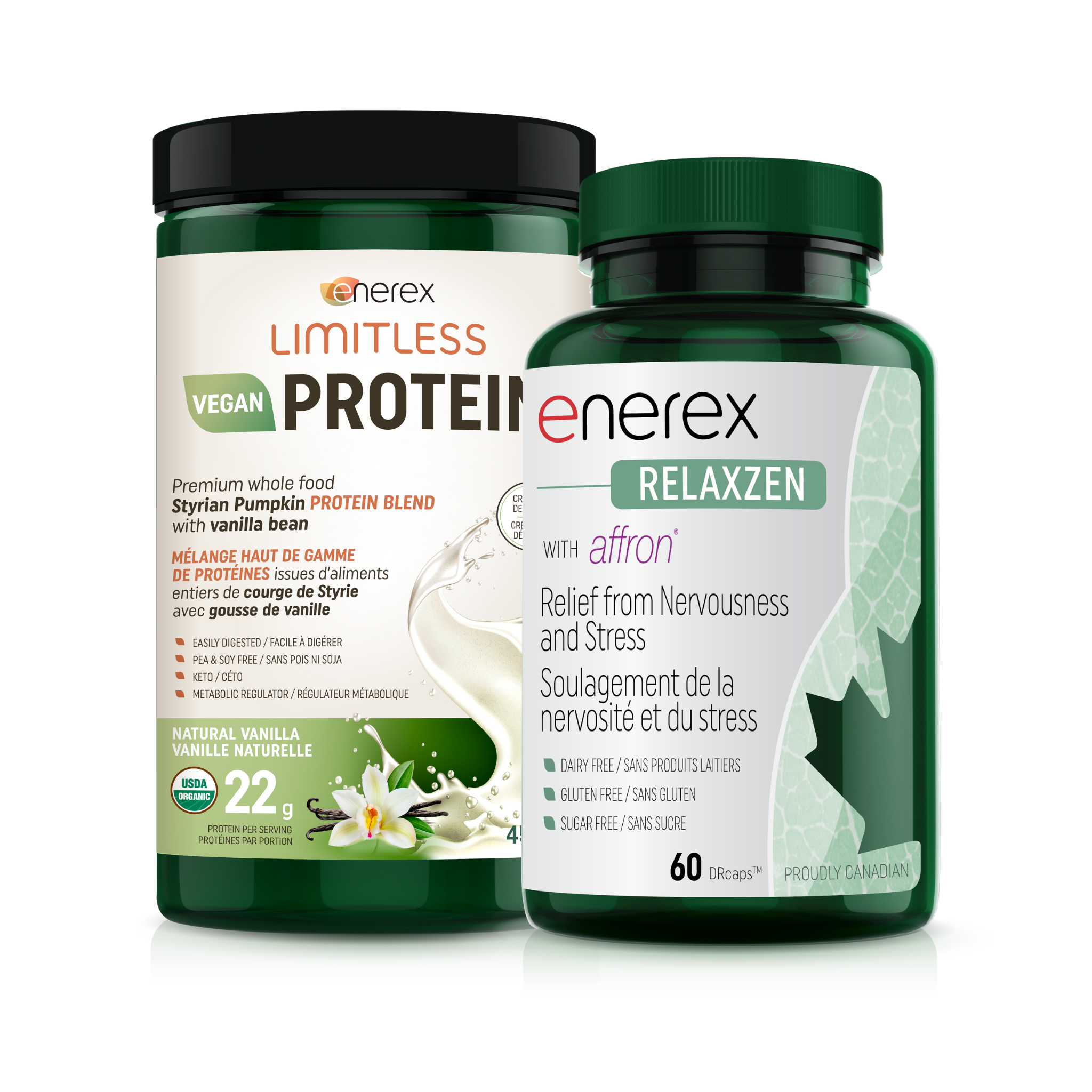
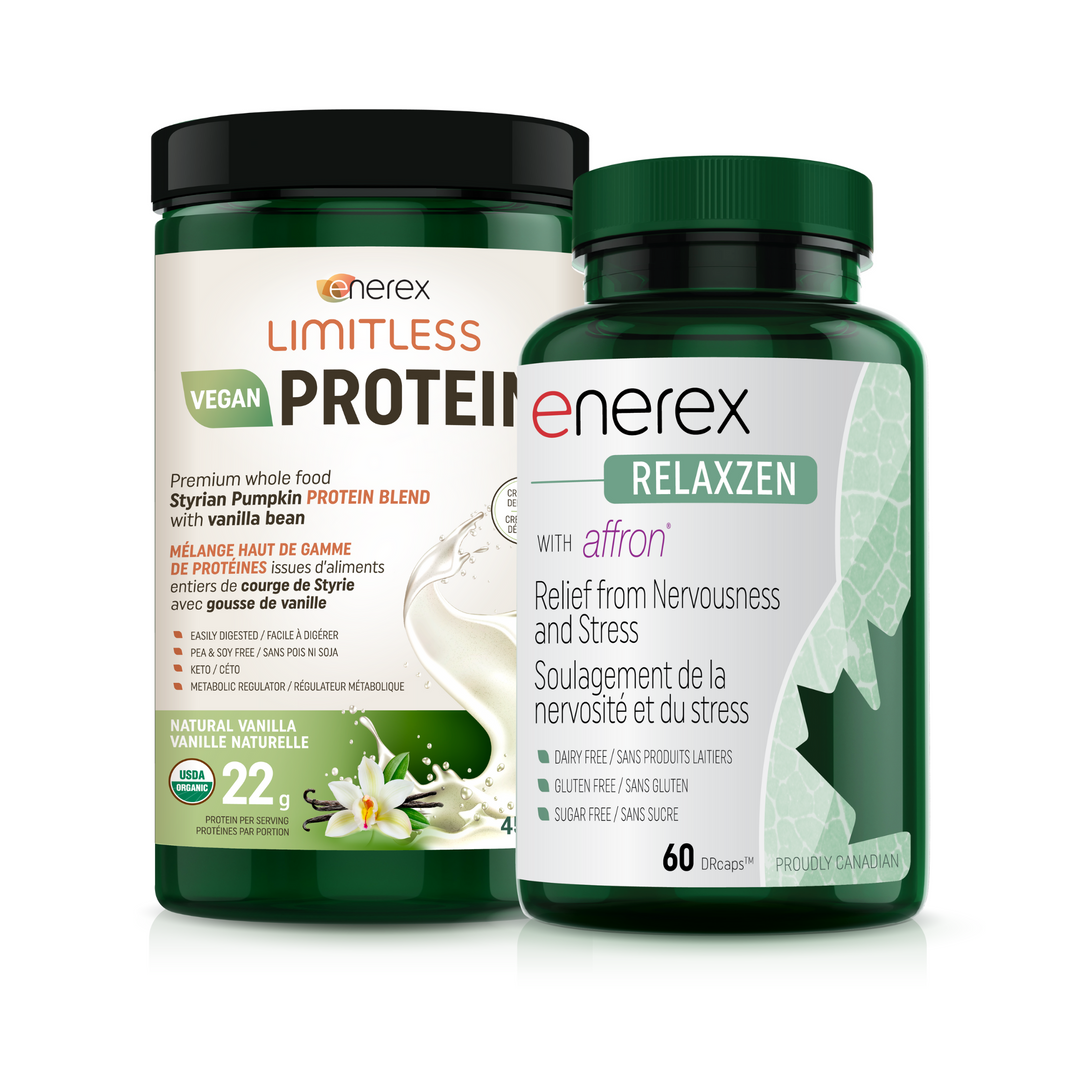
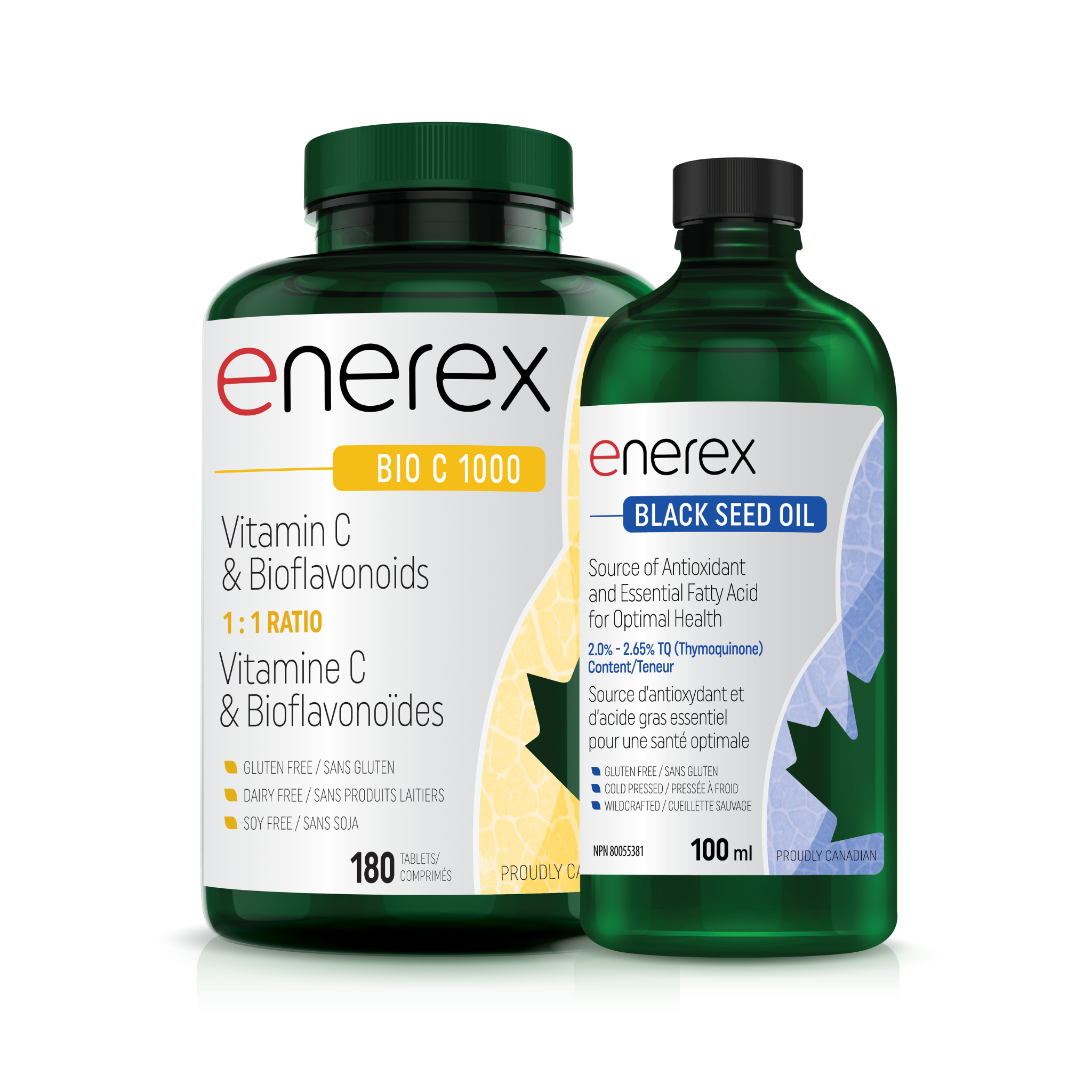
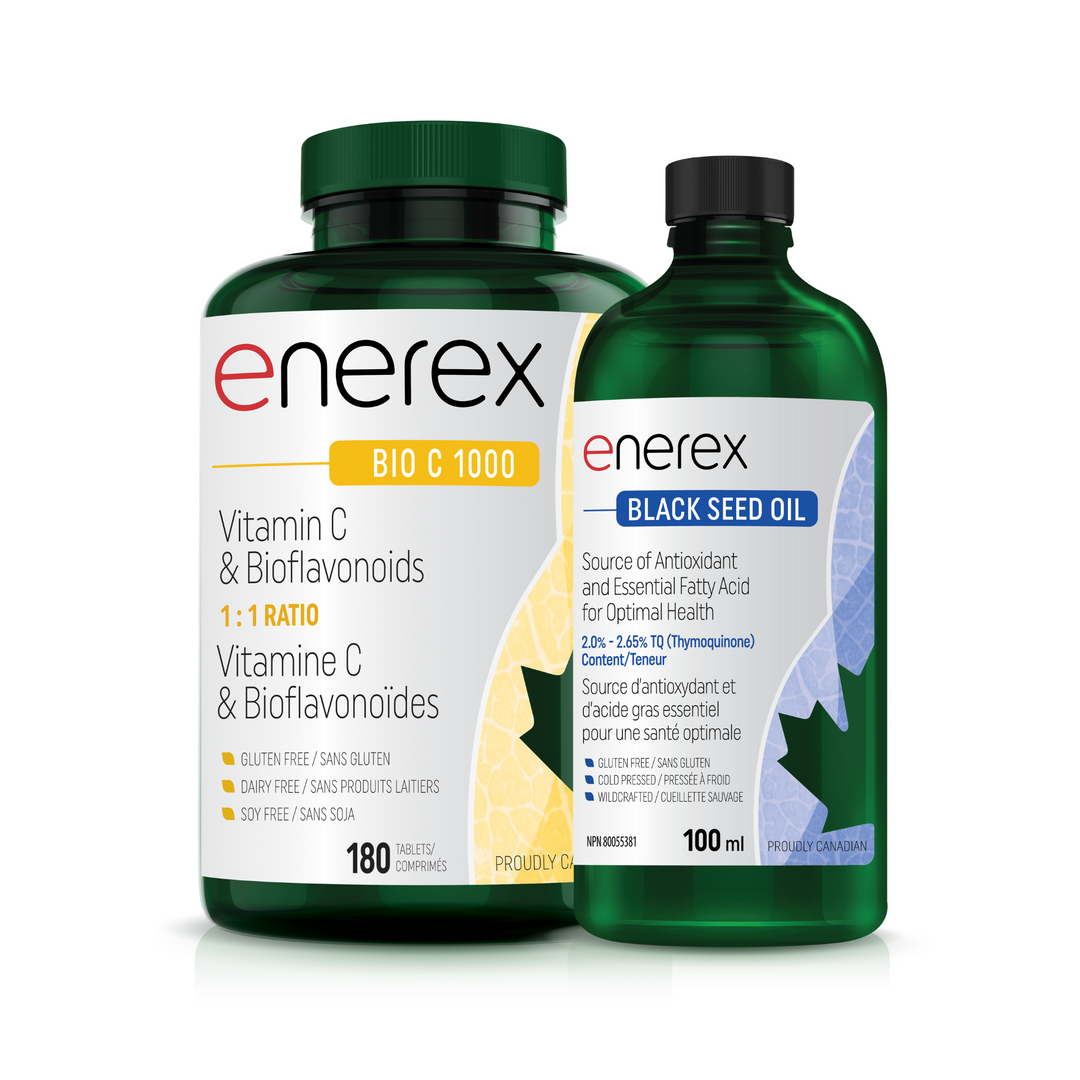
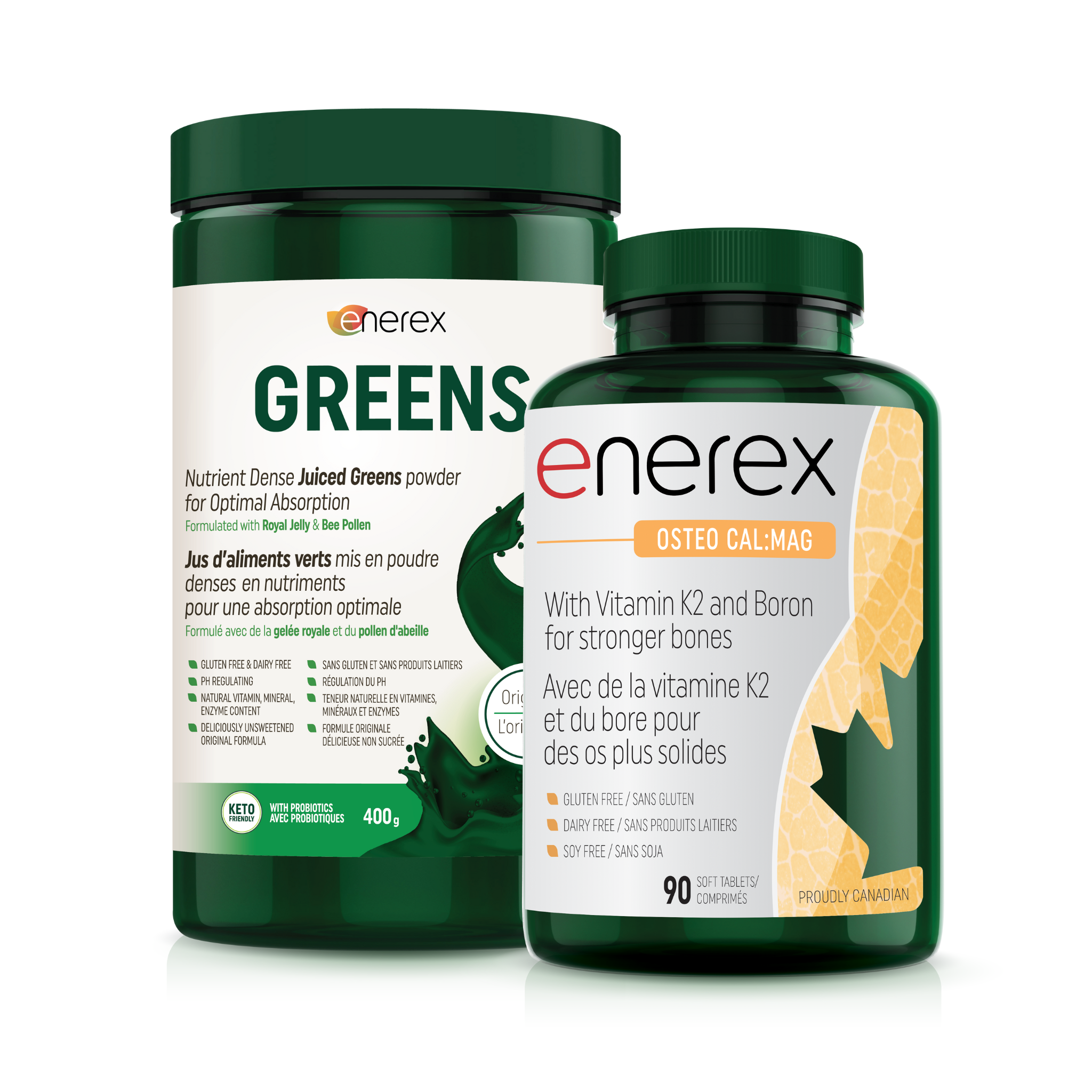
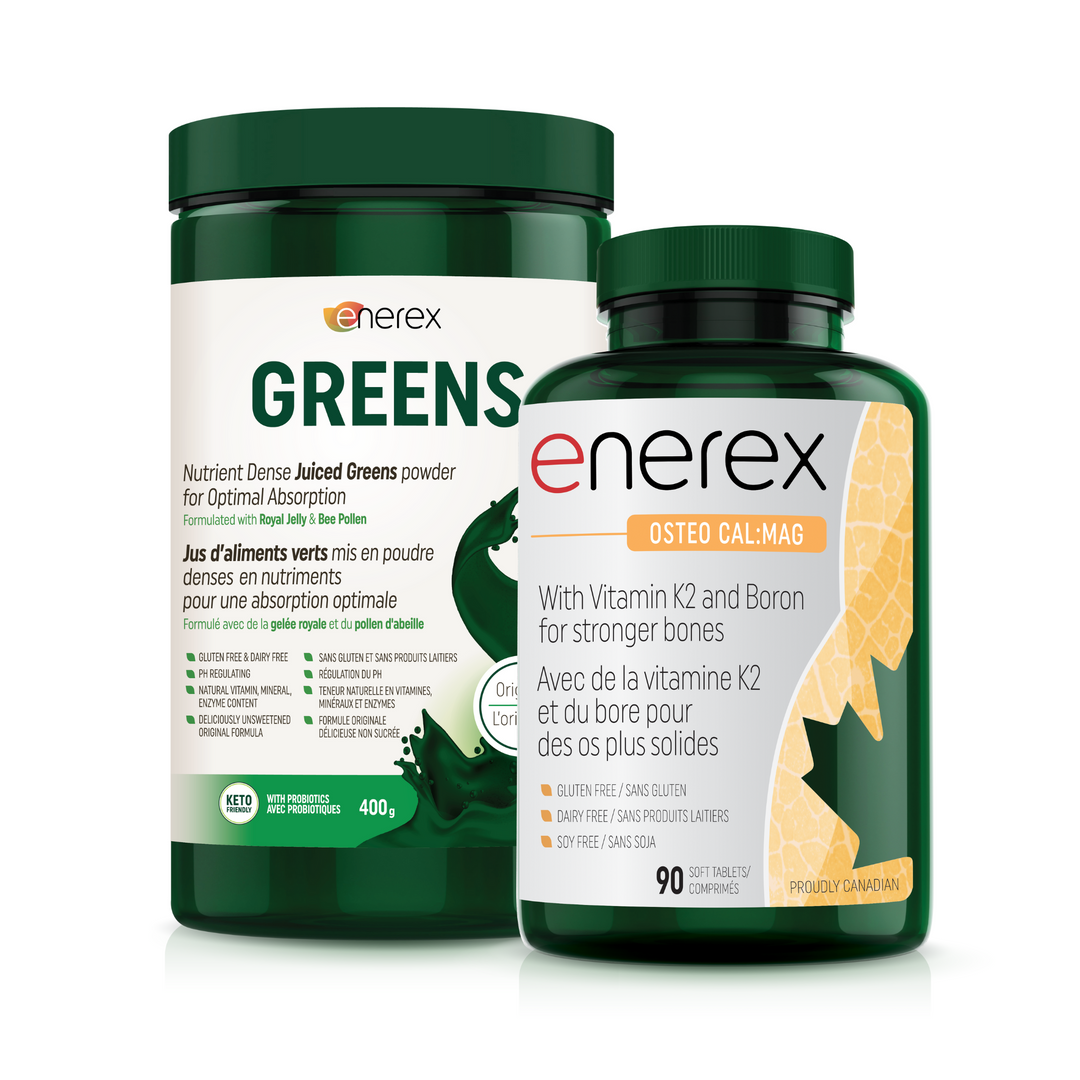
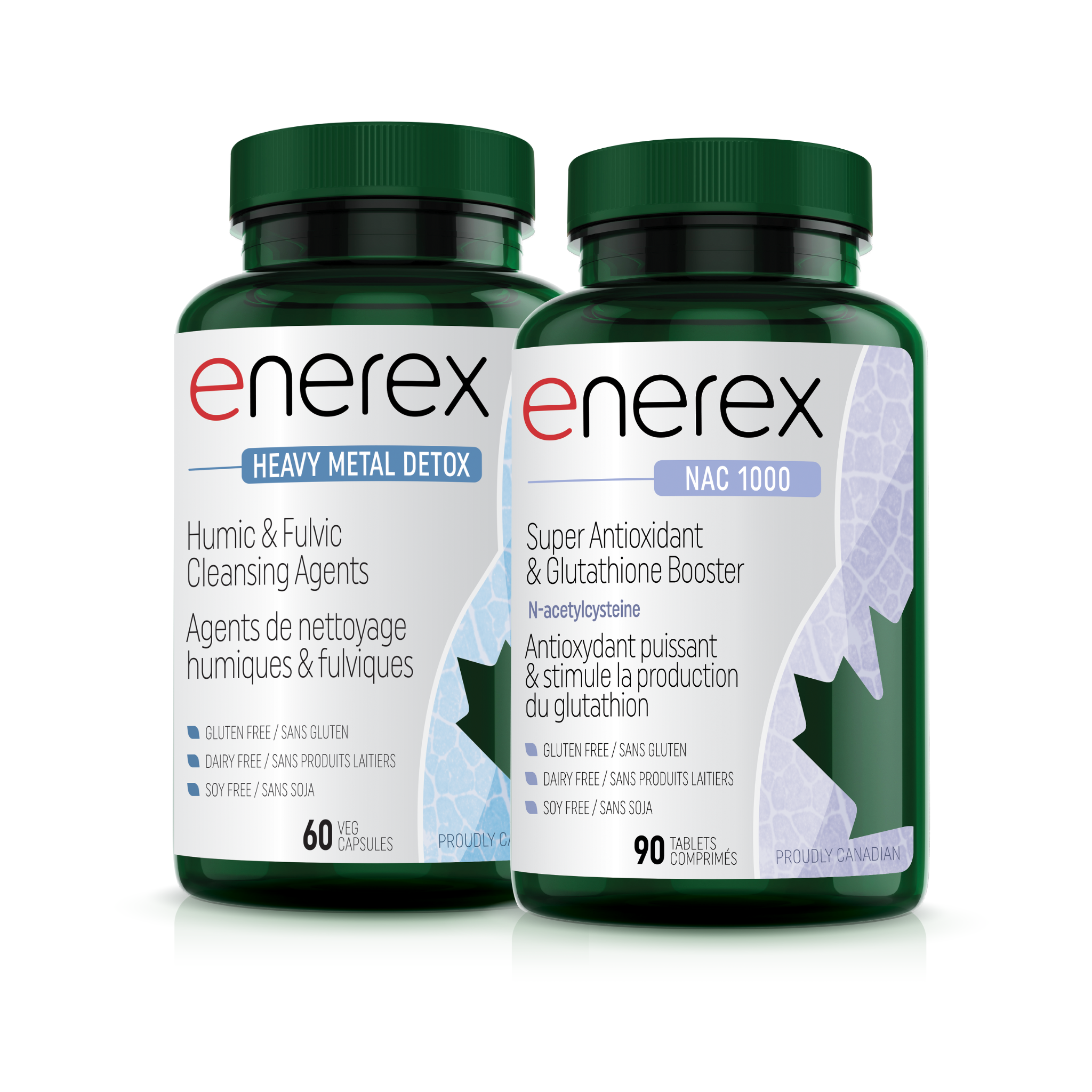
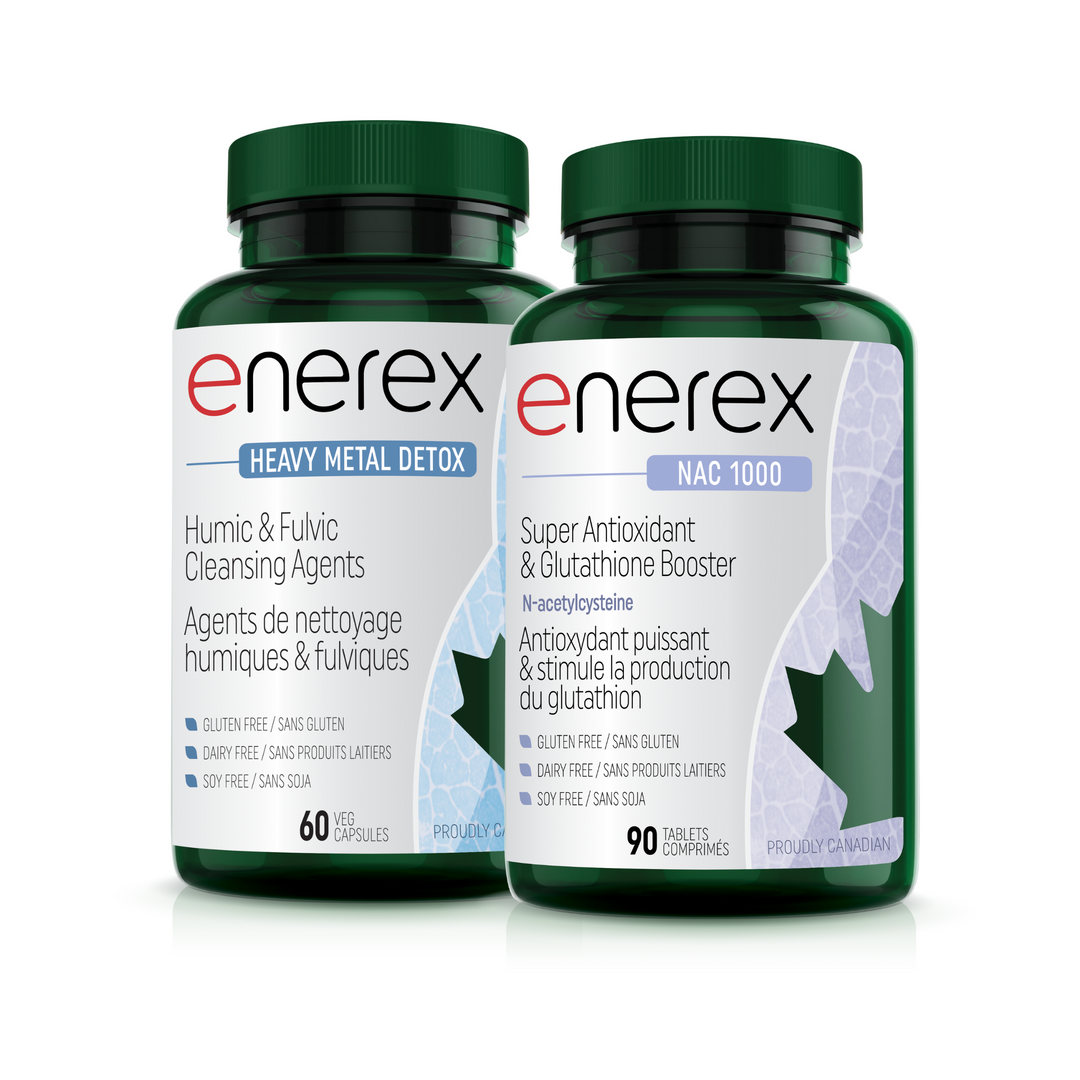
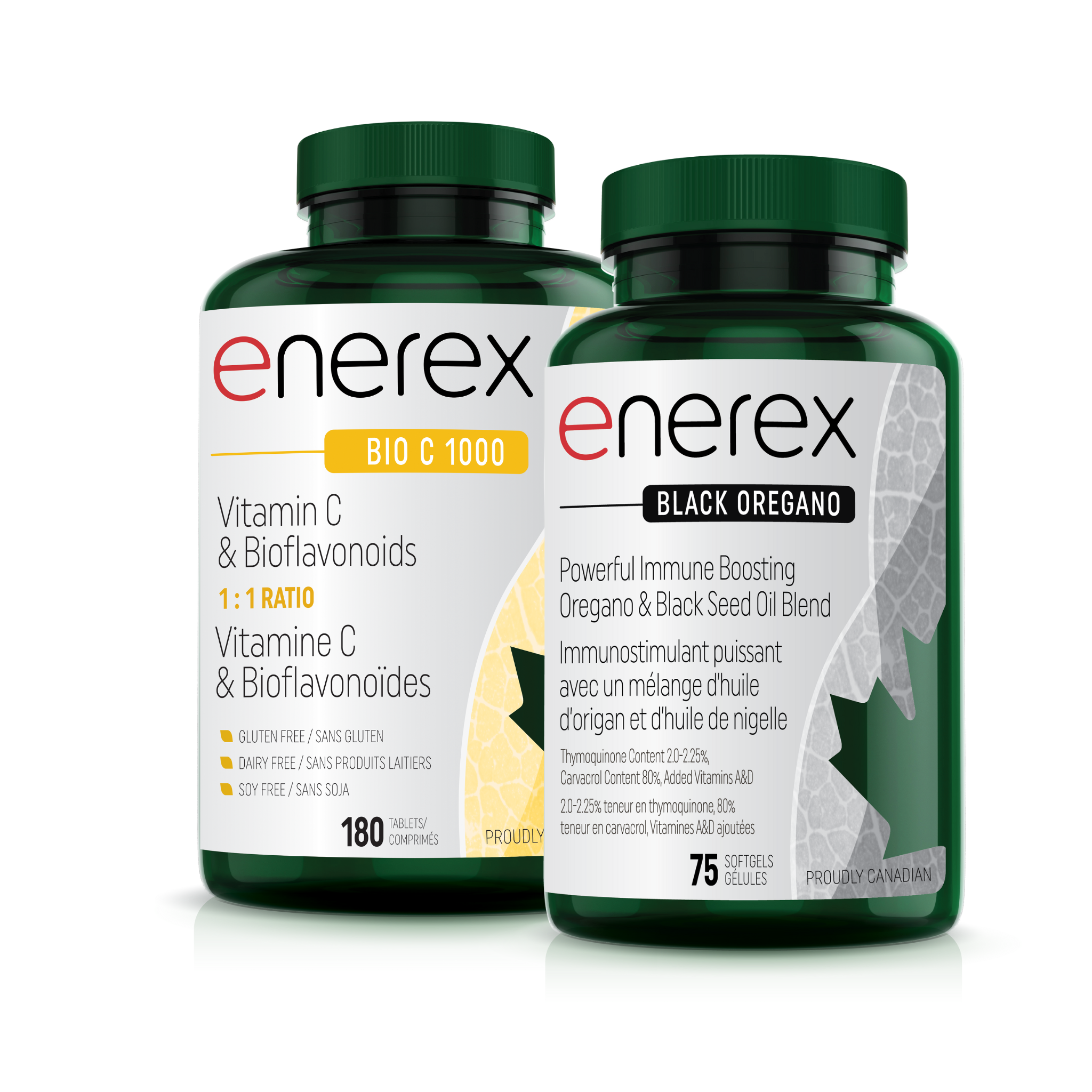
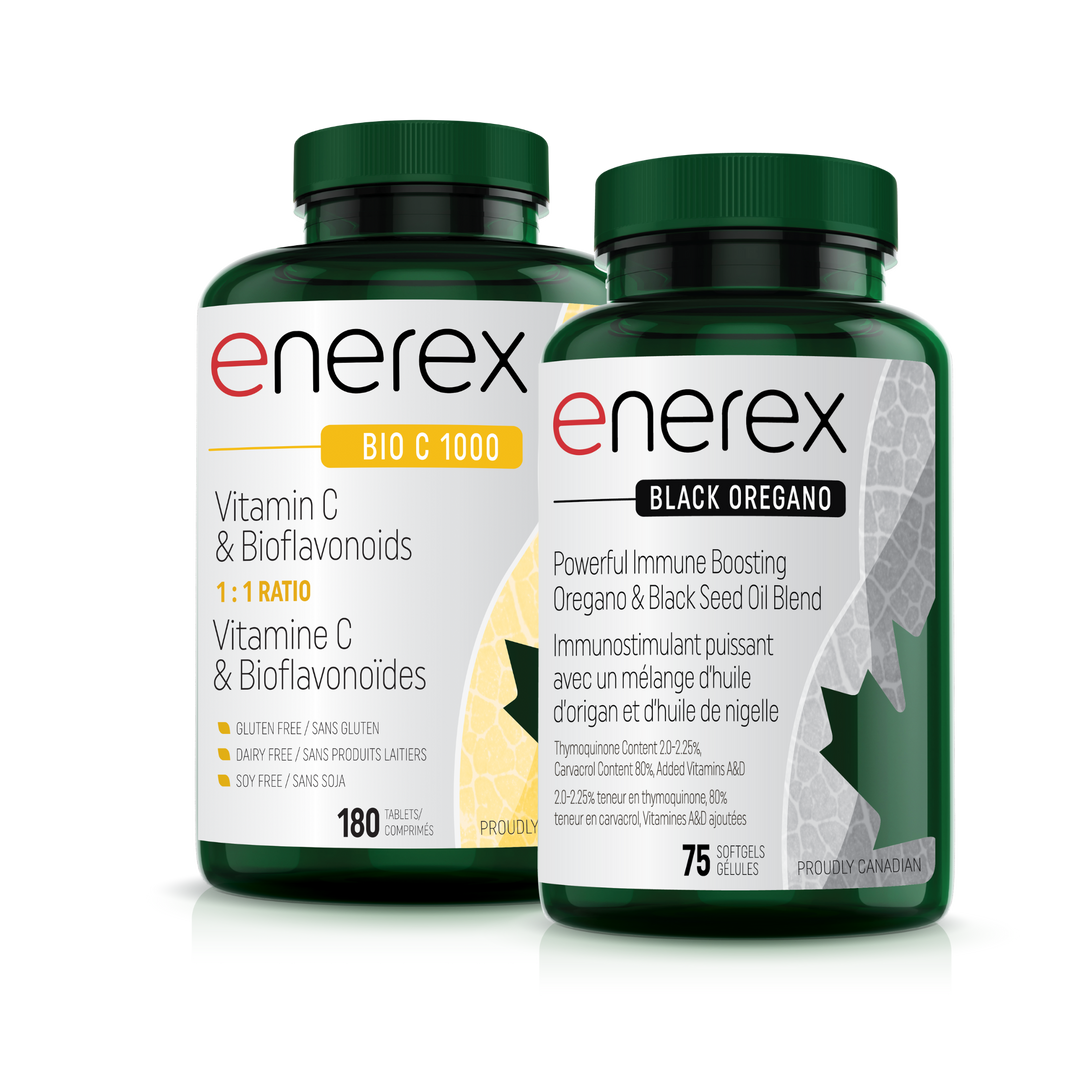
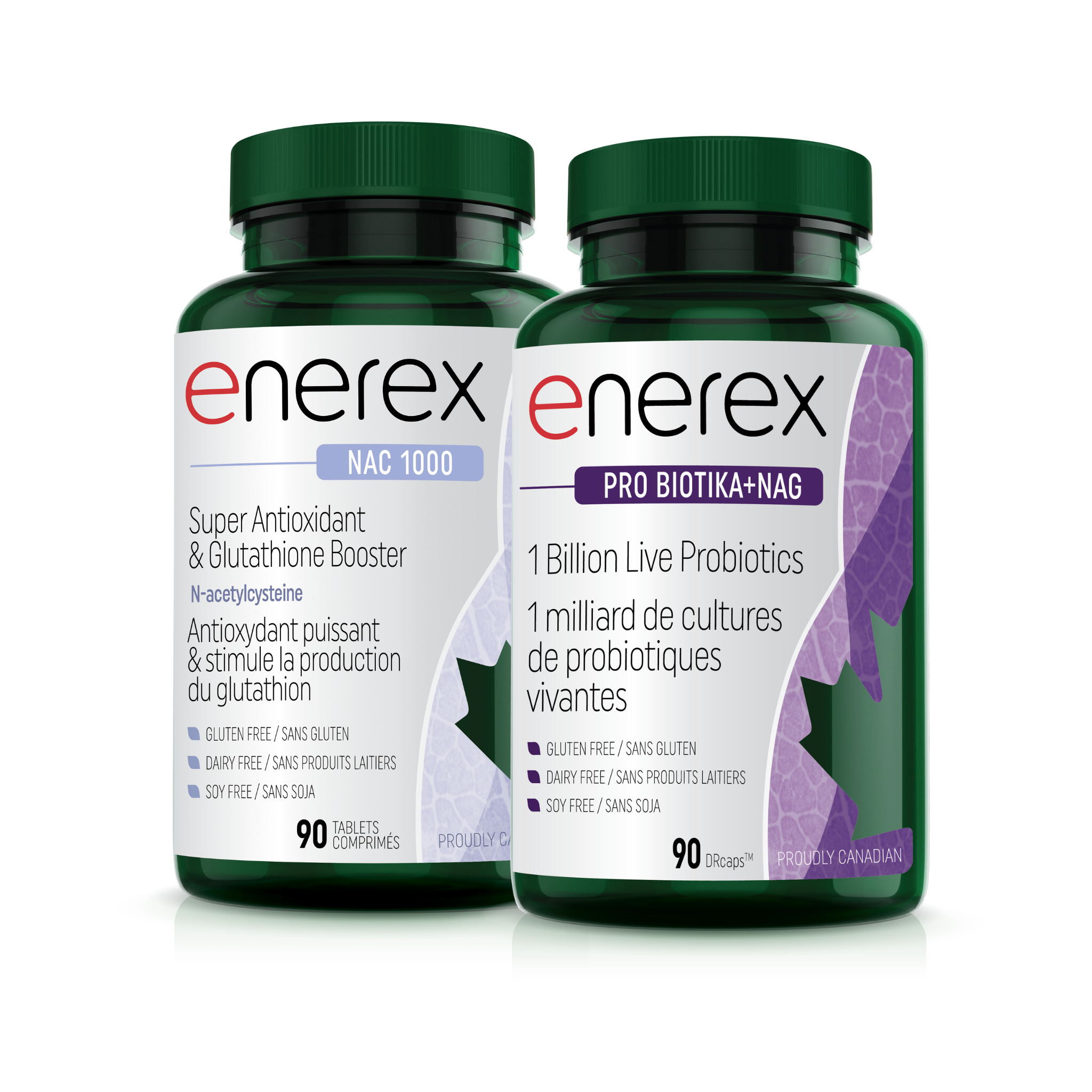
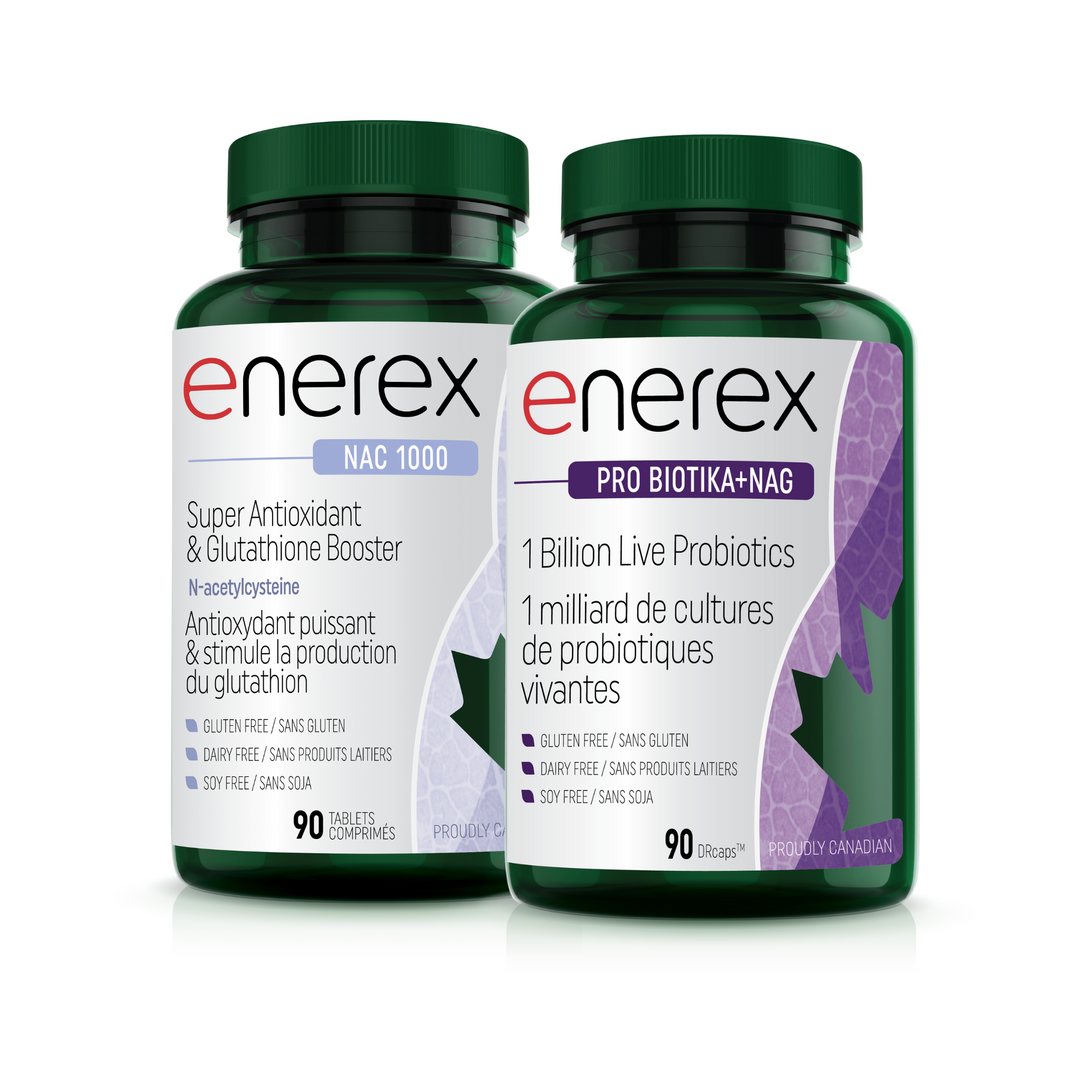
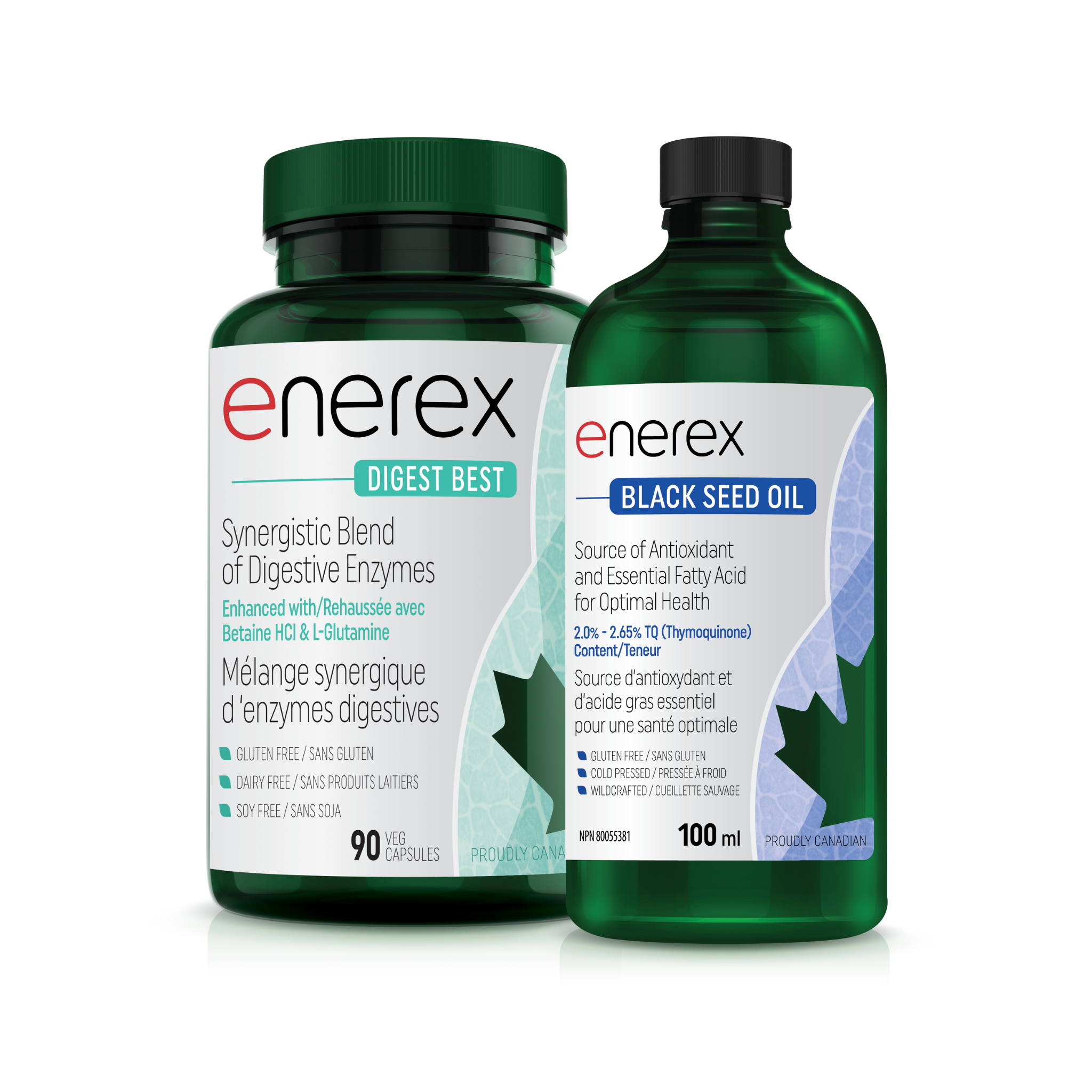
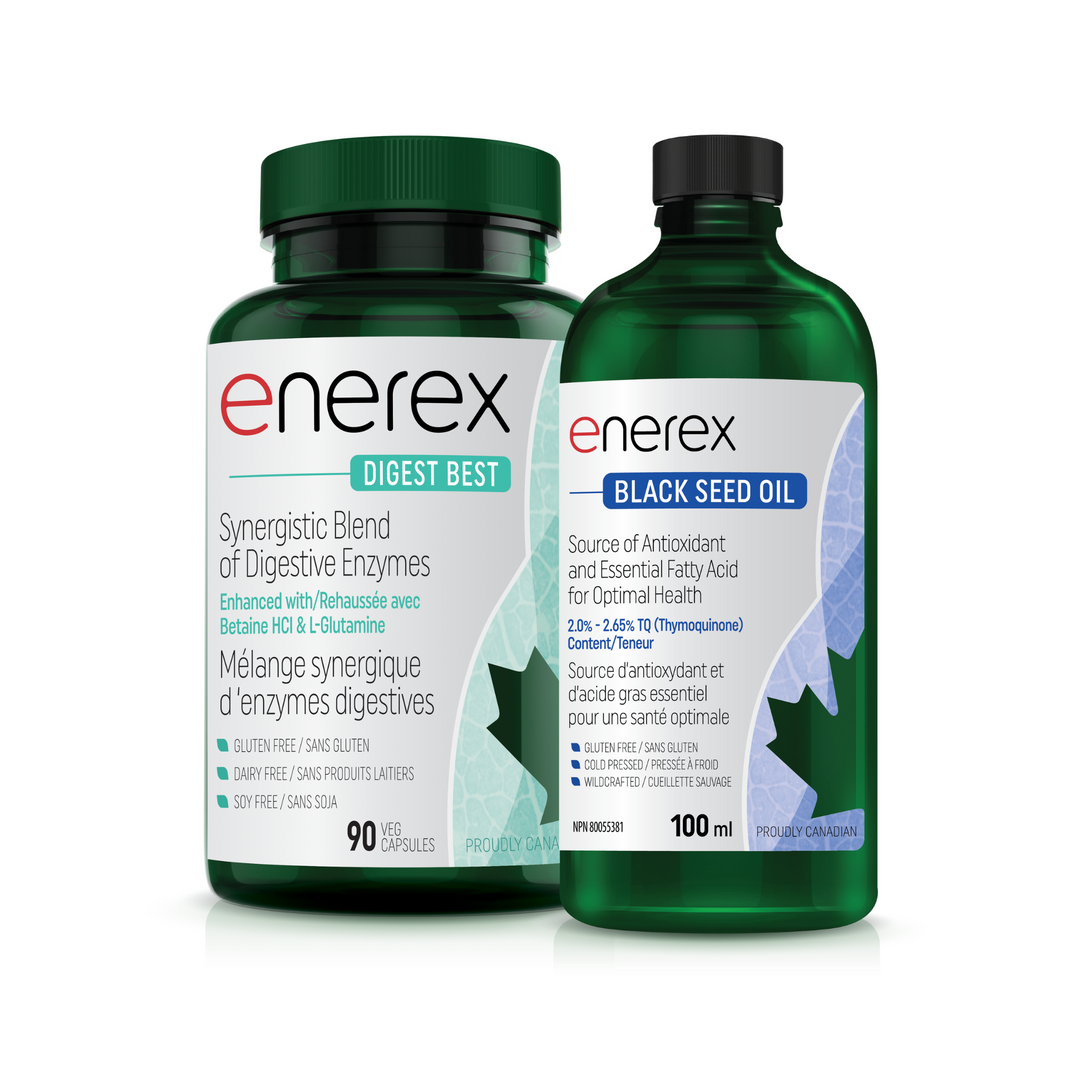
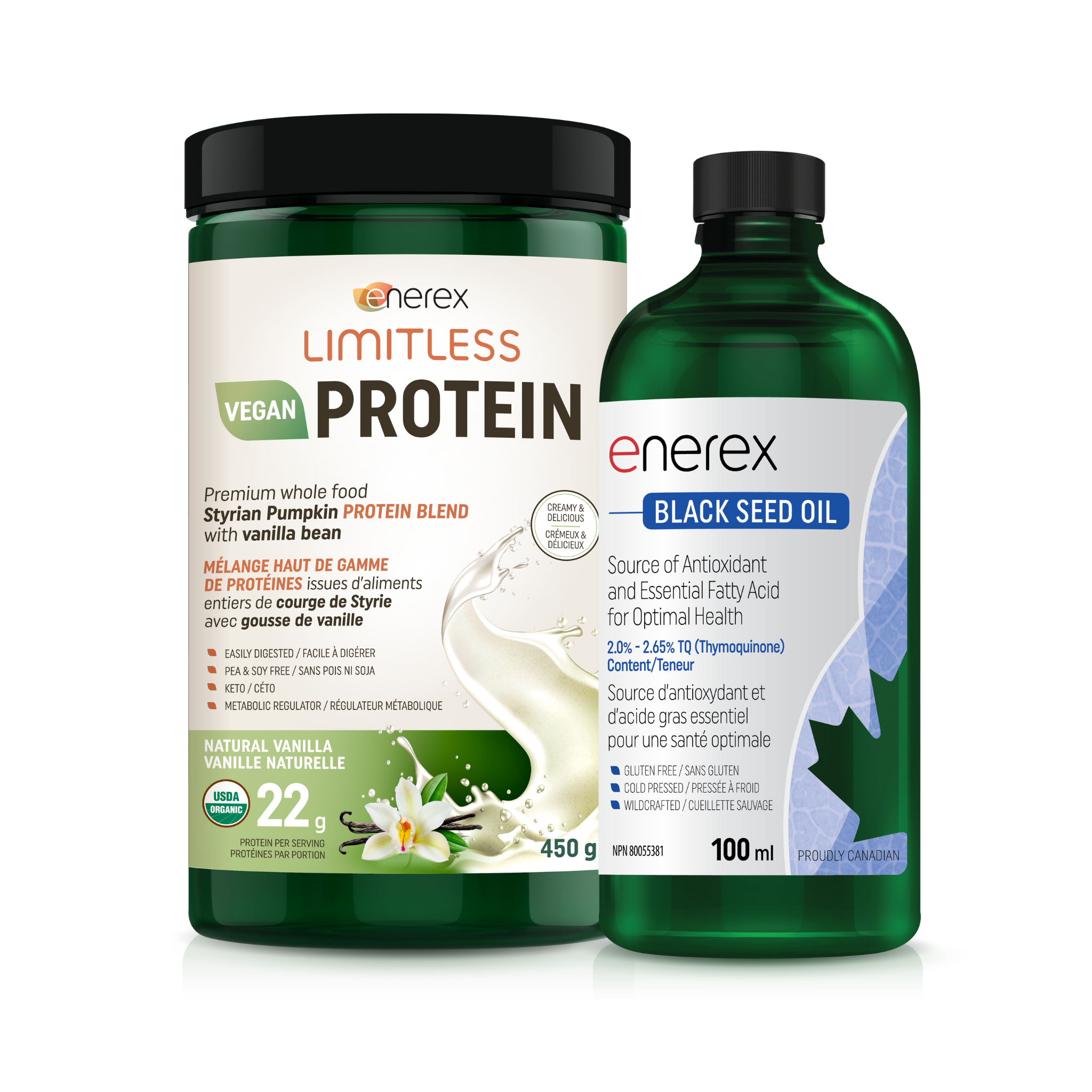
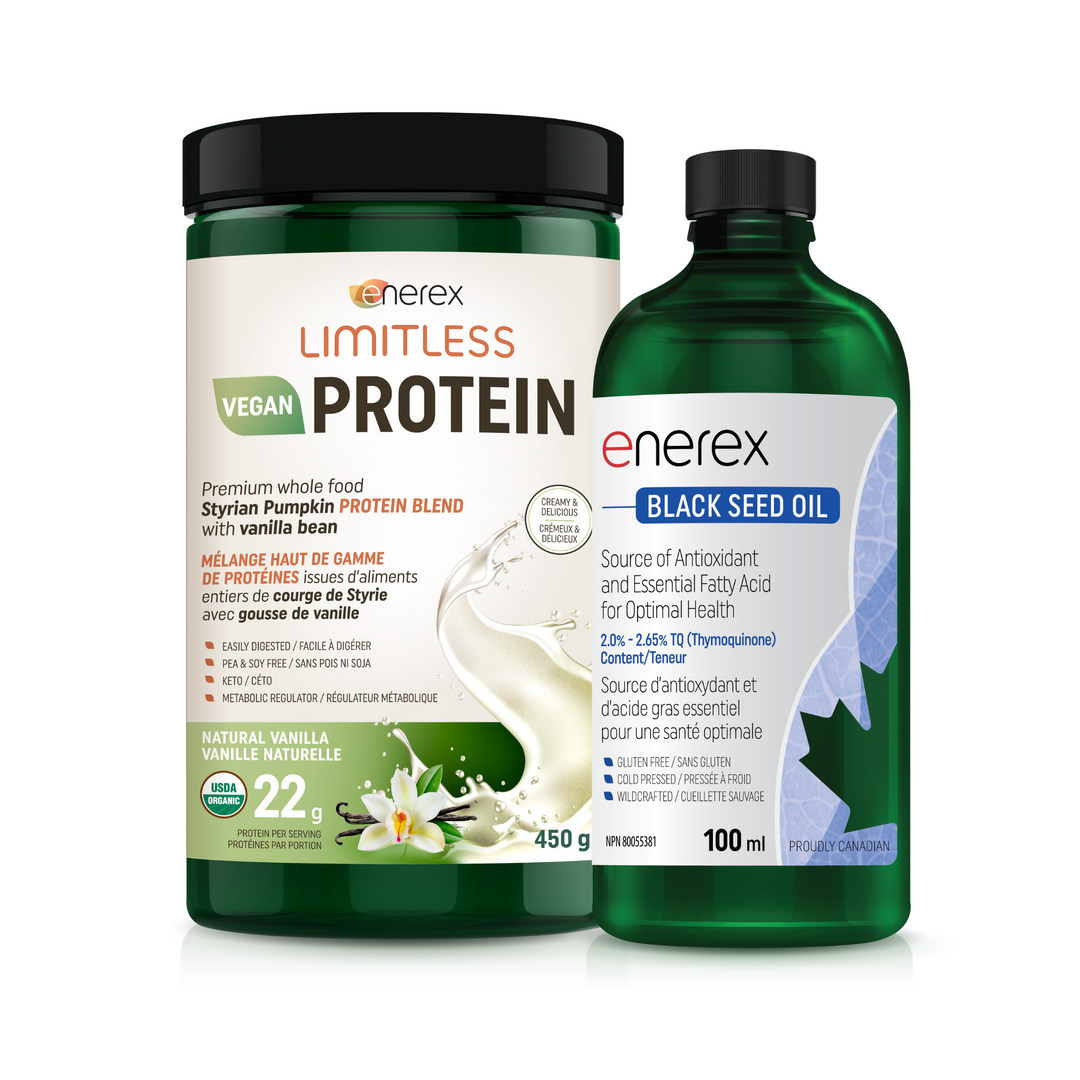
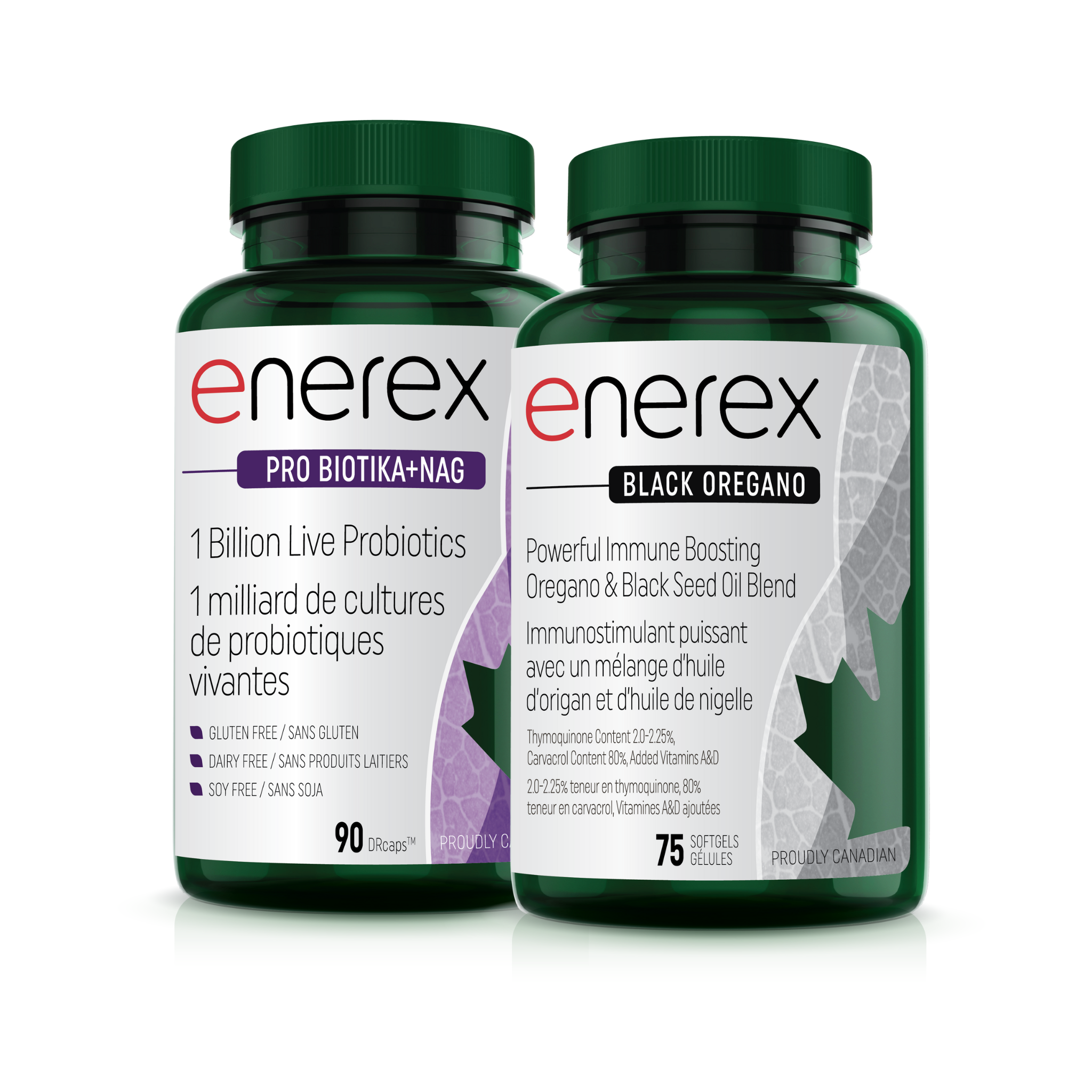
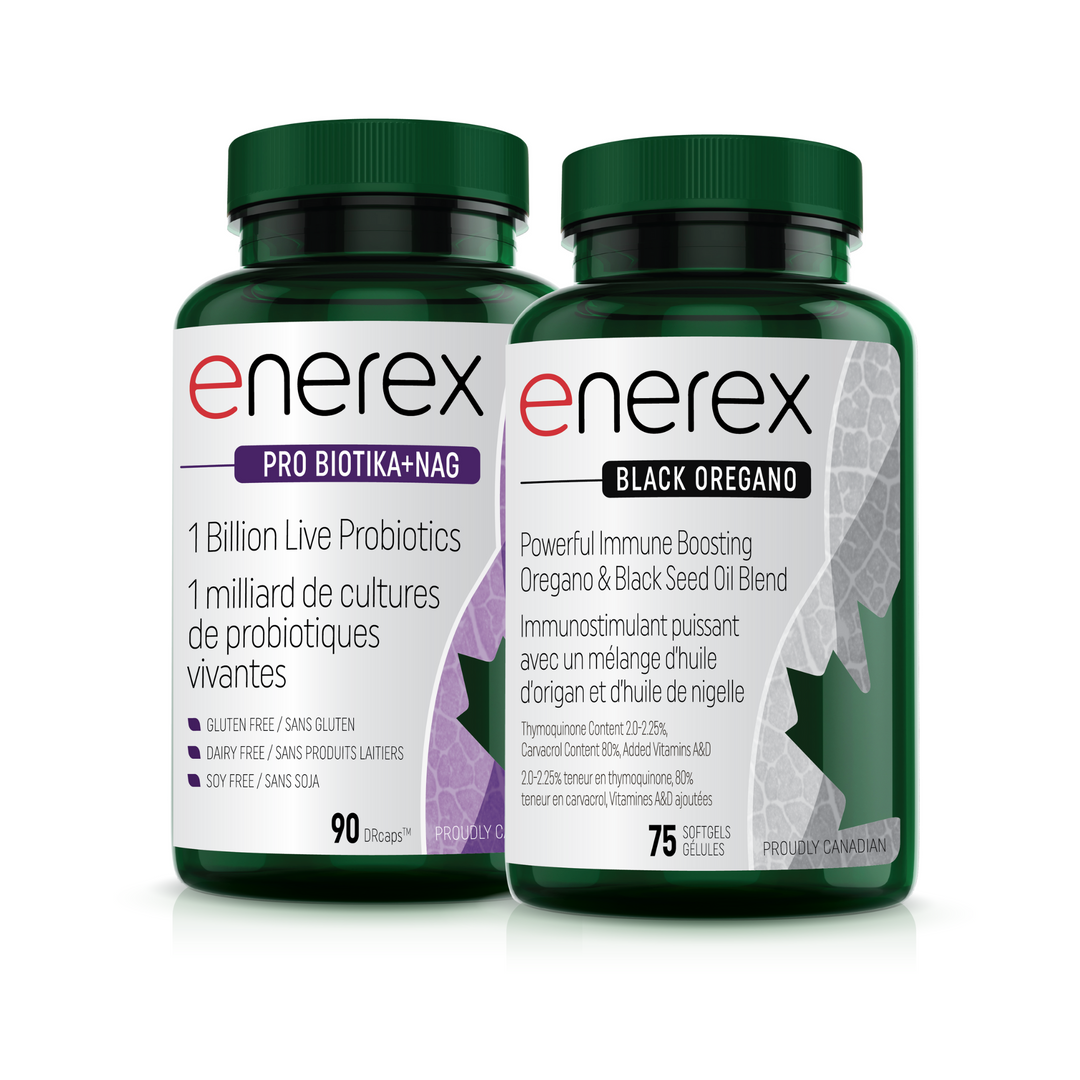
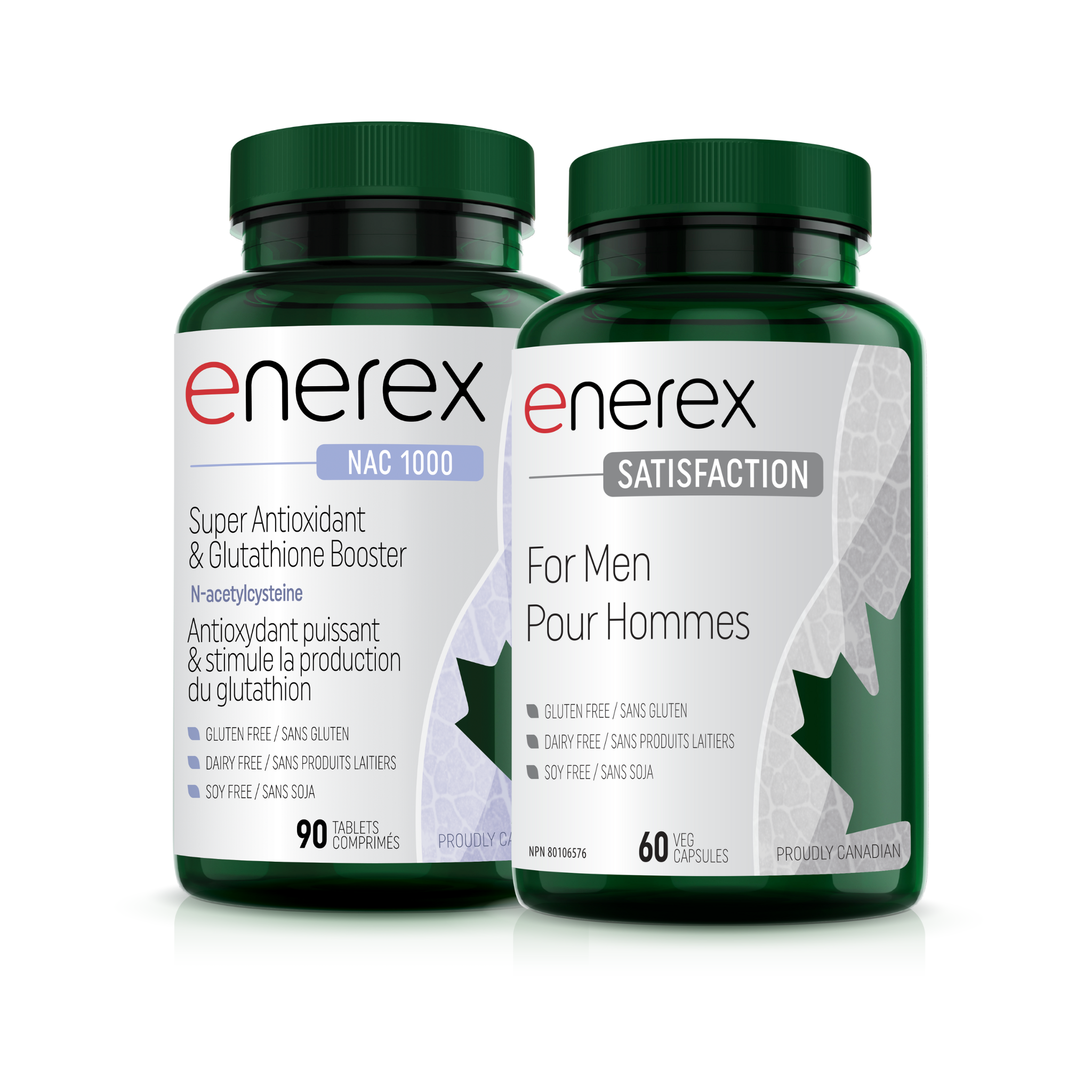
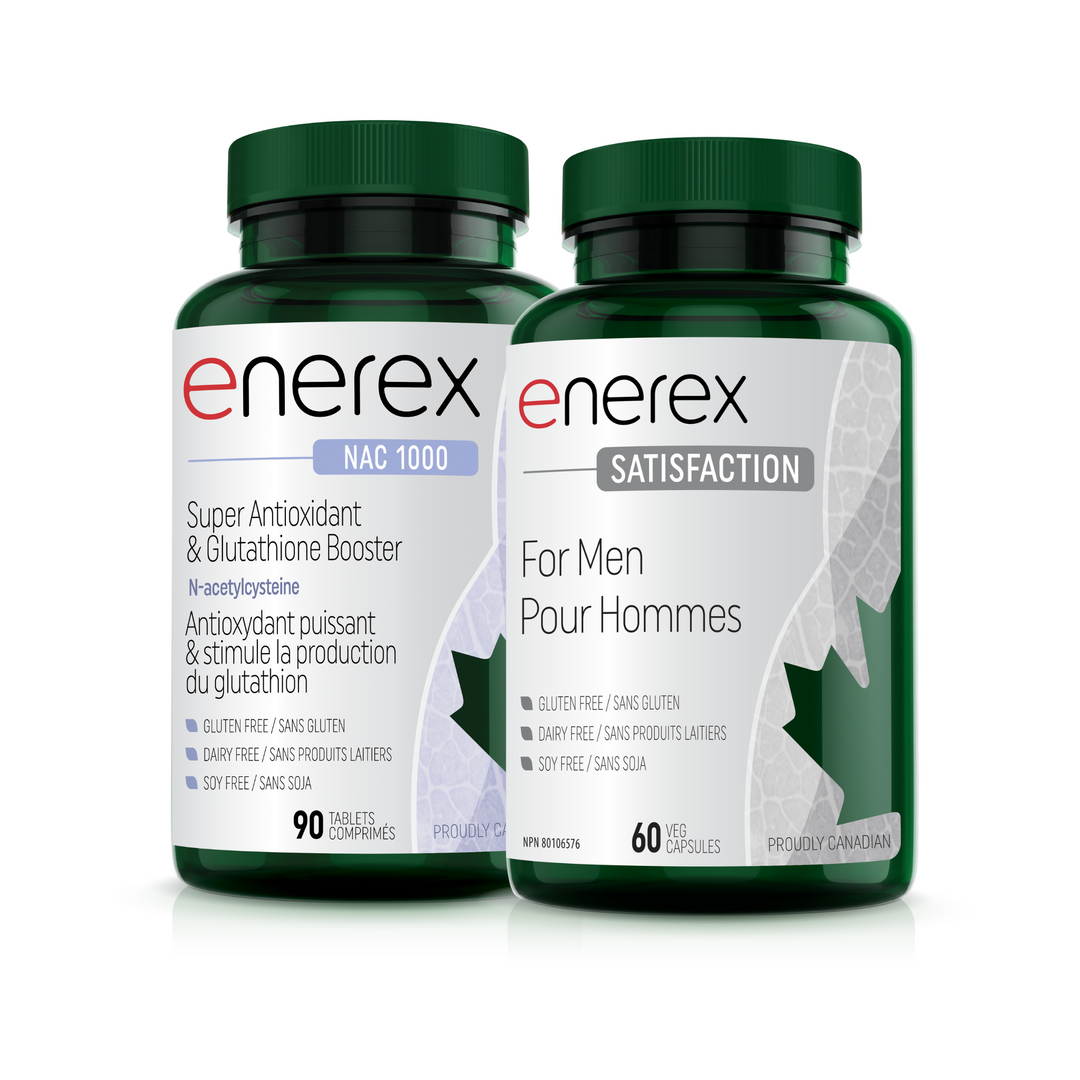
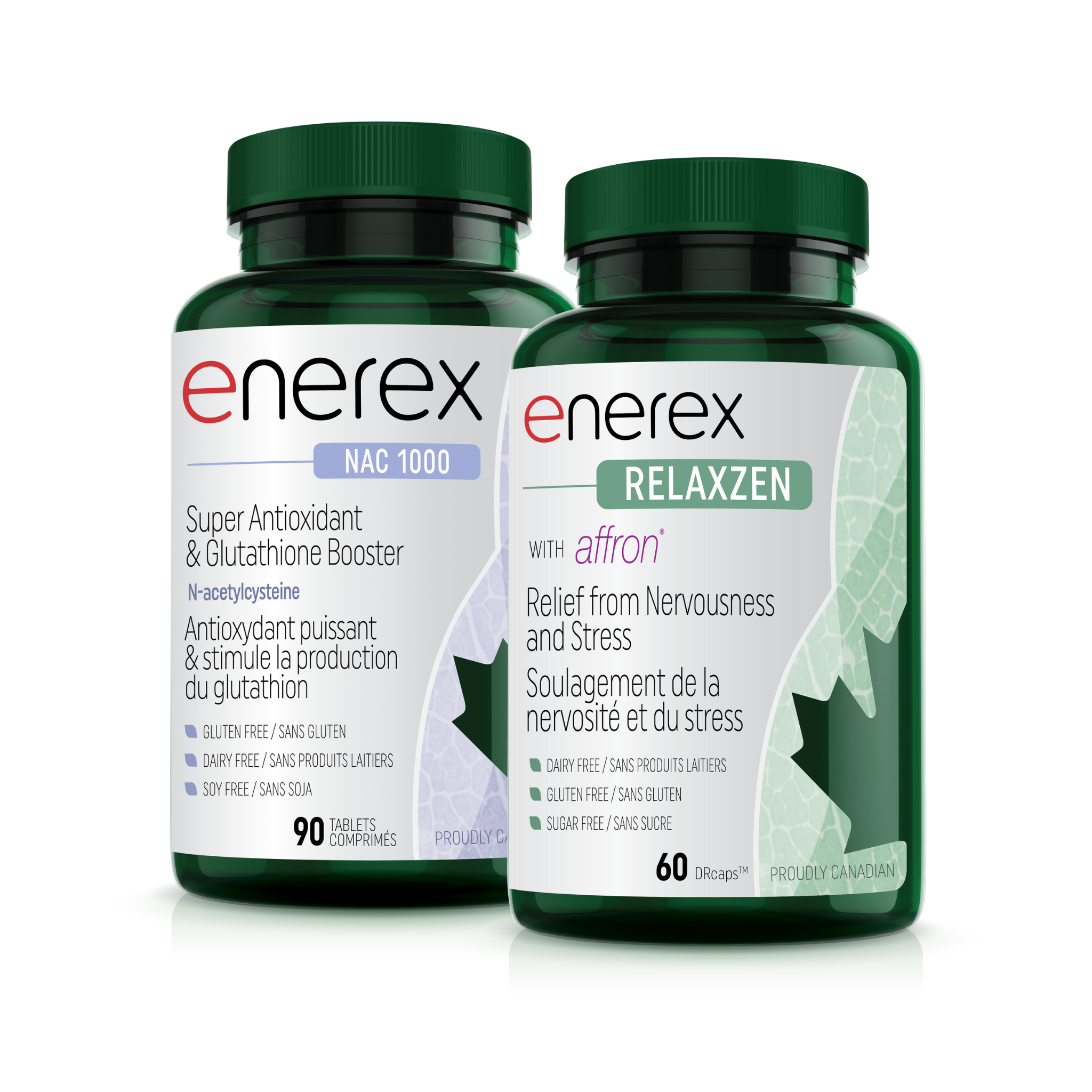
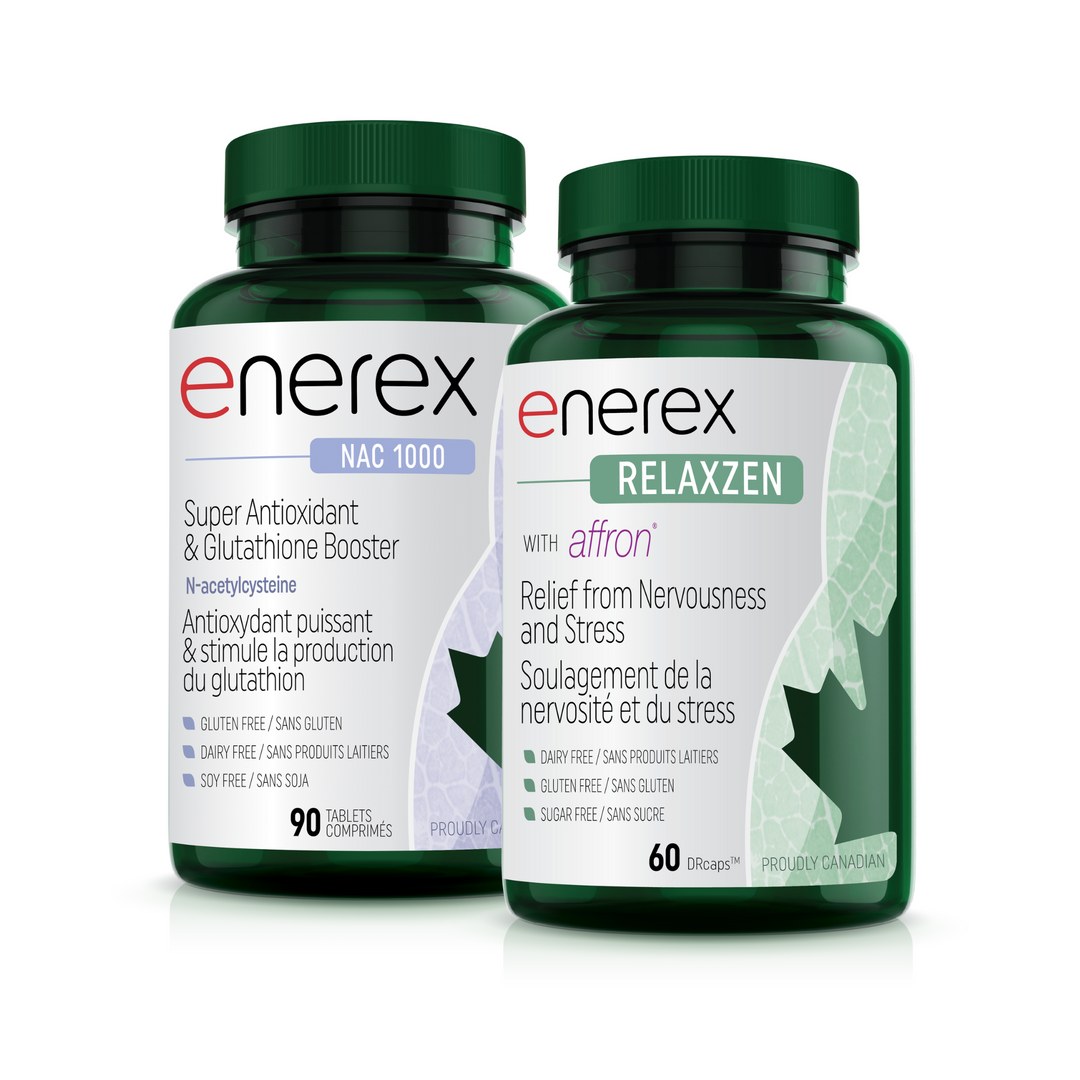
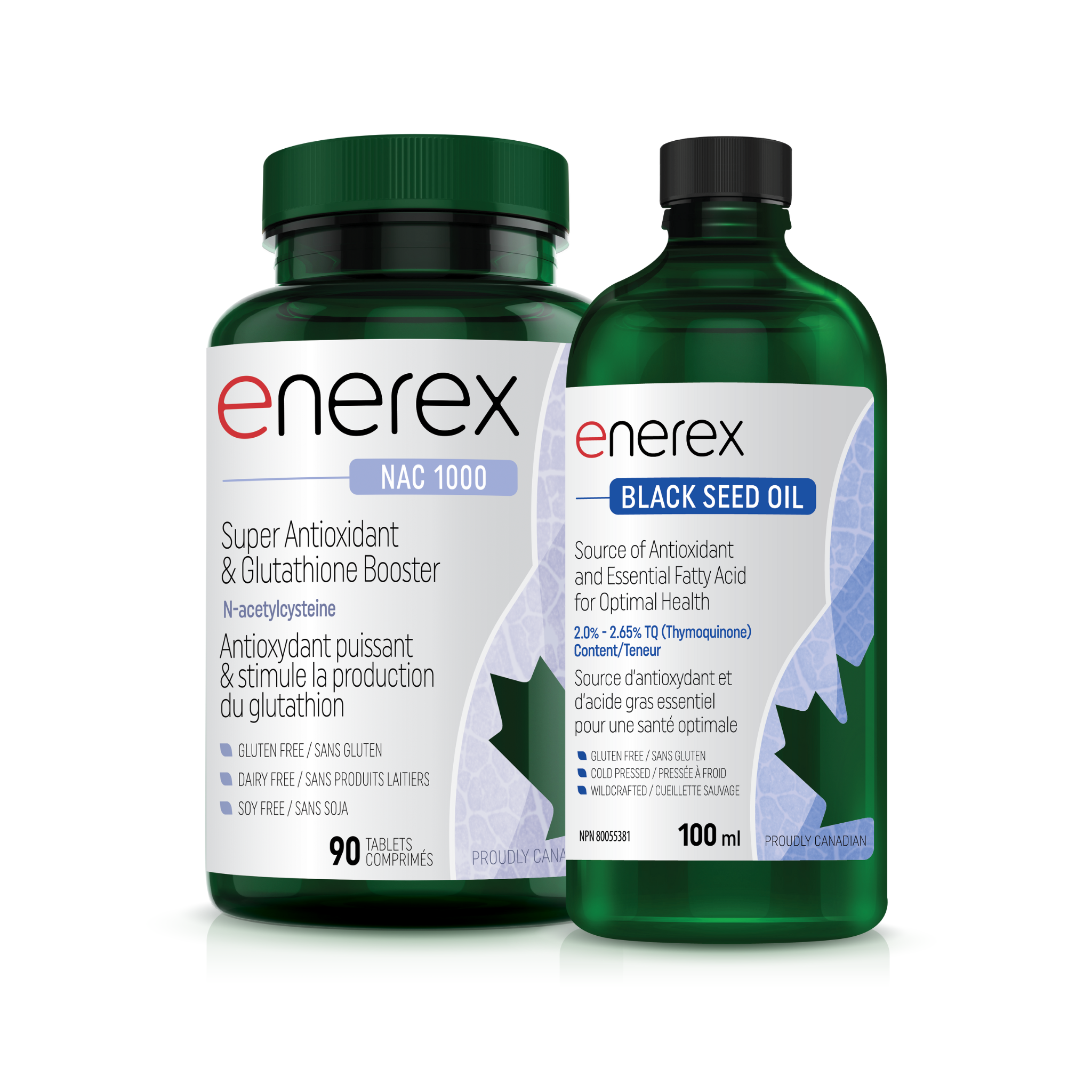
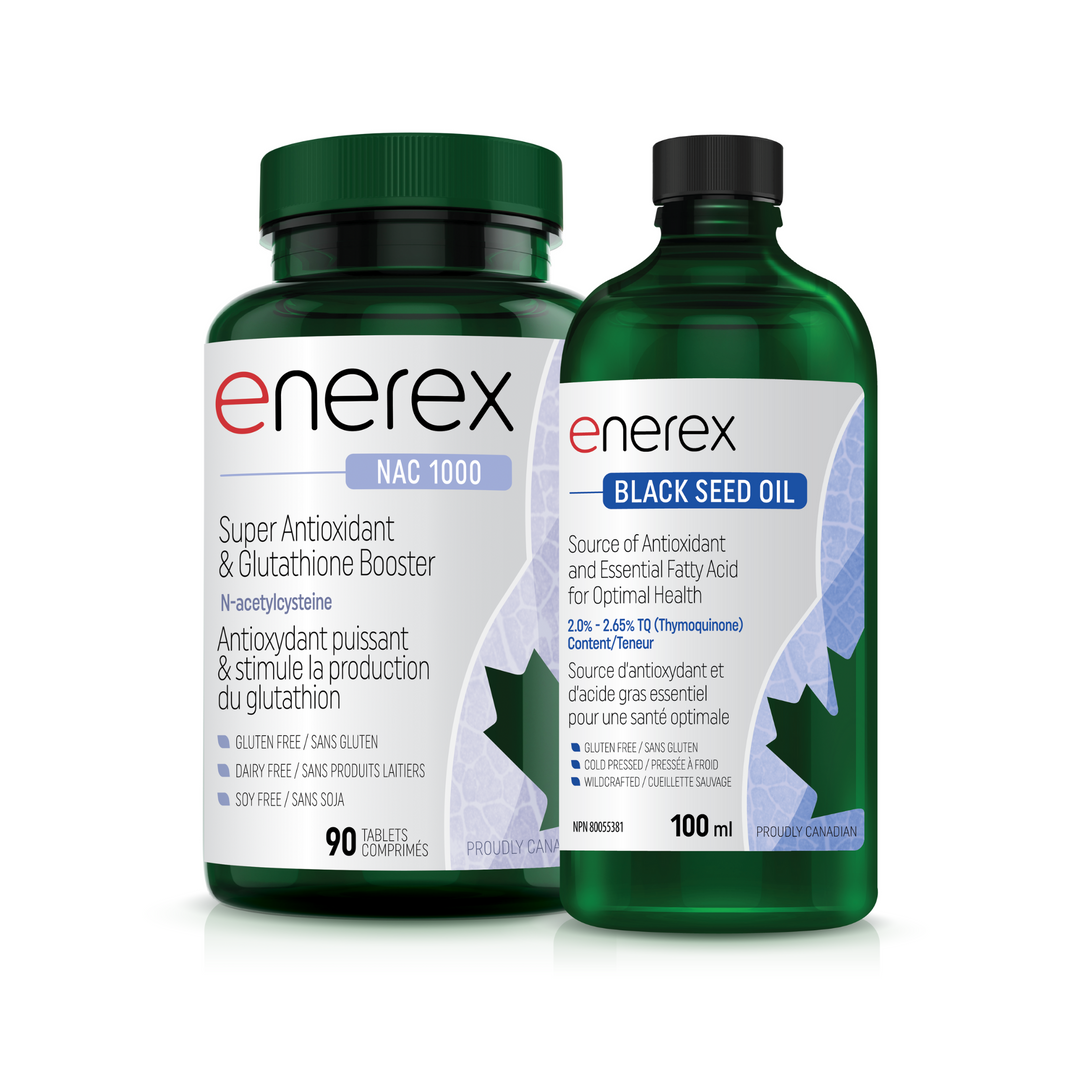
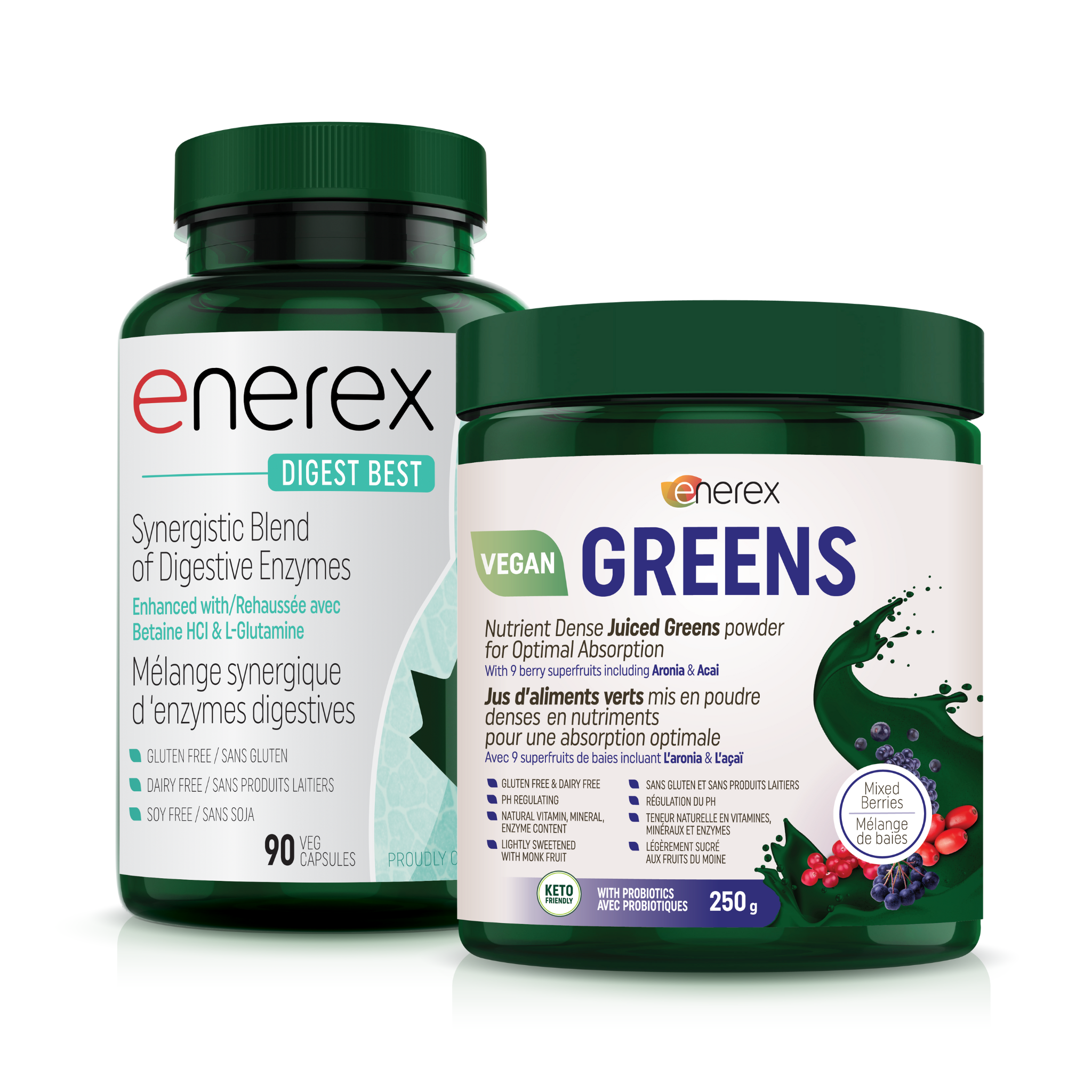
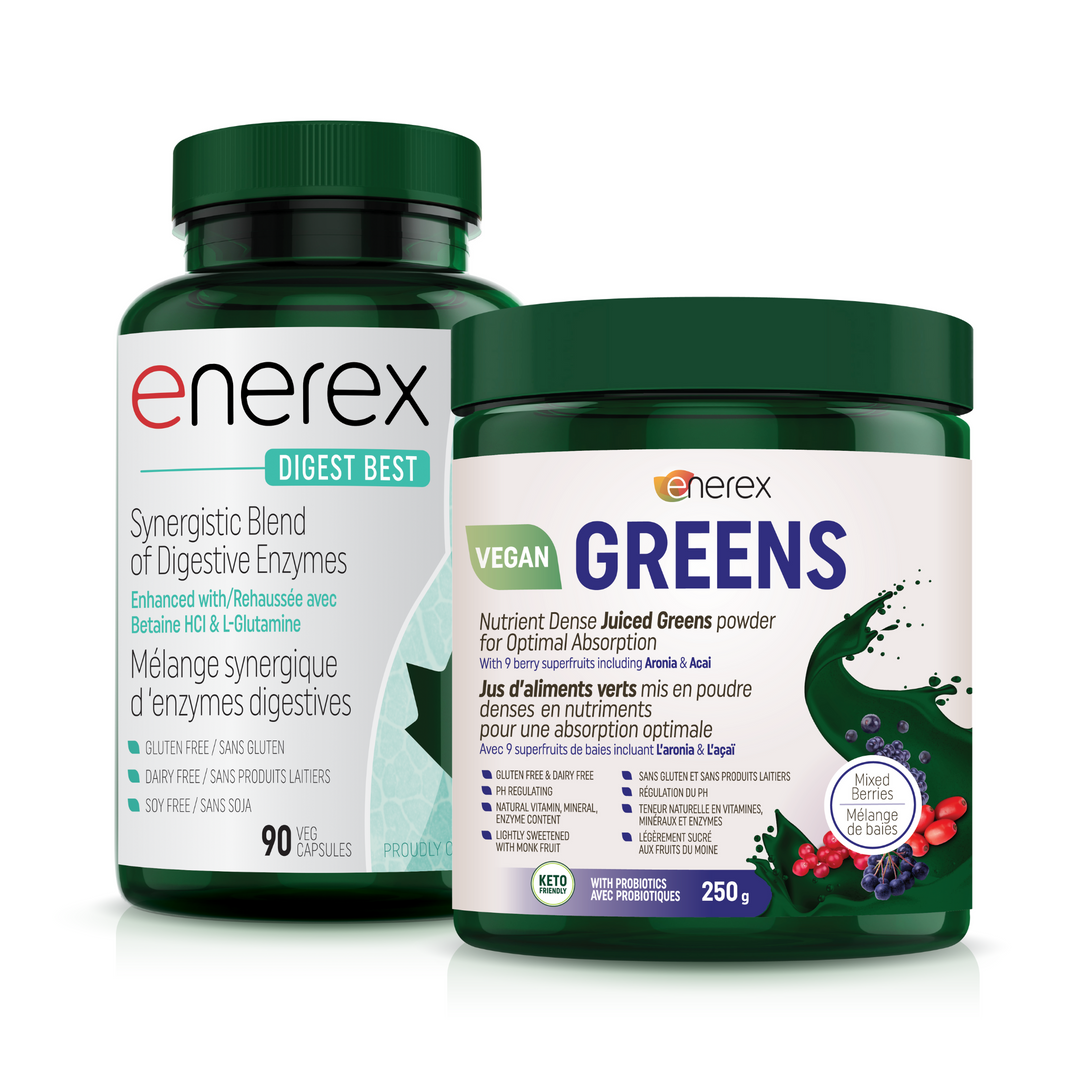
Leave a comment